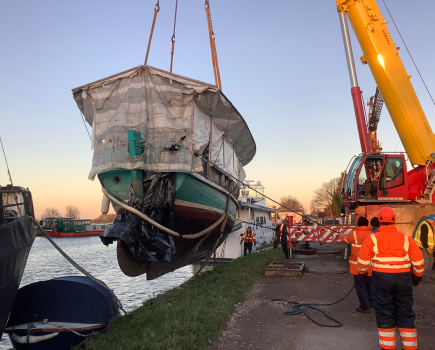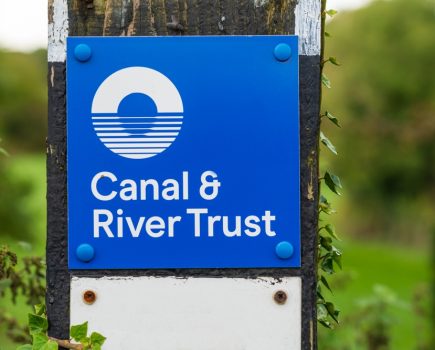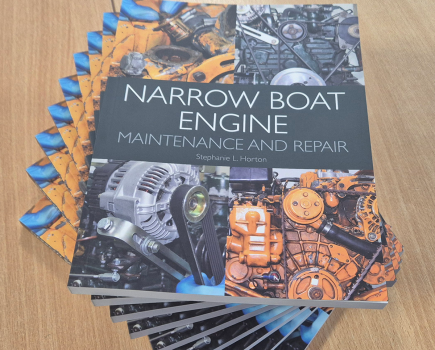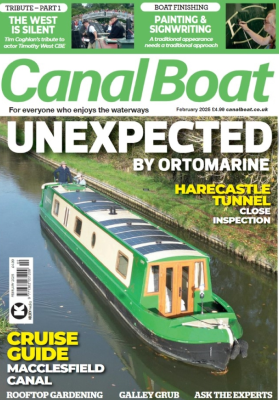Emma Smith, author and wartime boatwoman, has died
Emma Smith, author and wartime boatwoman, has died.
She was a writer of novels, memoirs and a children’s series, and secretary to fellow author Laurie Lee (to whom she suggested that “you ought to write a whole book about your childhood” – resulting in the classic Cider with Rosie). But it is for one book, Maiden’s Trip, that she will be remembered by those interested in the canals, as it is based on her experience with the wartime trainee boatwomen on cargo-carrying narrowboats from London to the Midlands.
Born Elspeth Hallsmith in Cornwall, she had a difficult family relationship as a result of her father’s mental scars from the First World War. A typing course enabled her to leave home in her teens to work as a secretary in MI5 during the early years of the Second World War. But she found it “incredibly boring” and felt herself cut off from the war effort, so when she spotted an opening to join the working boats, she jumped at the chance.
It was “very hard work, but very enjoyable hard work”, carrying imported metals from London to Birmingham and returning with coal. She later admitted that “it slightly bothers me that the war for so many was so dreadful, and for me it wasn’t”.
The experience was the basis for Maiden’s Trip, described as a novel but really a fictionalised account of her actual experiences on the boats. It won the 1949 John Llewellyn Rhys Prize, was serialised on radio, and adapted for TV in the 1970s – and it opened doors to a career in writing.
Married, then widowed and left with two young children and in a difficult financial situation, she fled to a remote Welsh farmhouse but continued to write, including a children’s series. More recently she admitted to being “slightly perplexed” at the idea of republishing Maiden’s Trip and other early works so long after they had been written, being more interested in what her grandchildren were doing in the present day. But she published two volumes of her memoirs, The Great Western Beach, describing her childhood, and As Green As Grass covering the years from 1935 to 1951. And she returned to the canals briefly in 2008 (pictured) at the reunion of four then surviving ‘Idle Women’ (a derogatory nickname deriving from their ‘IW’ badges signifying ‘Inland Waterways’ – she disliked it to the point of amending her commemorative badge at the 2008 event to read ‘boat woman’!) to mark the unveiling of a commemorative plaque to the women’s wartime efforts at Stoke Bruerne Waterways Museum.







